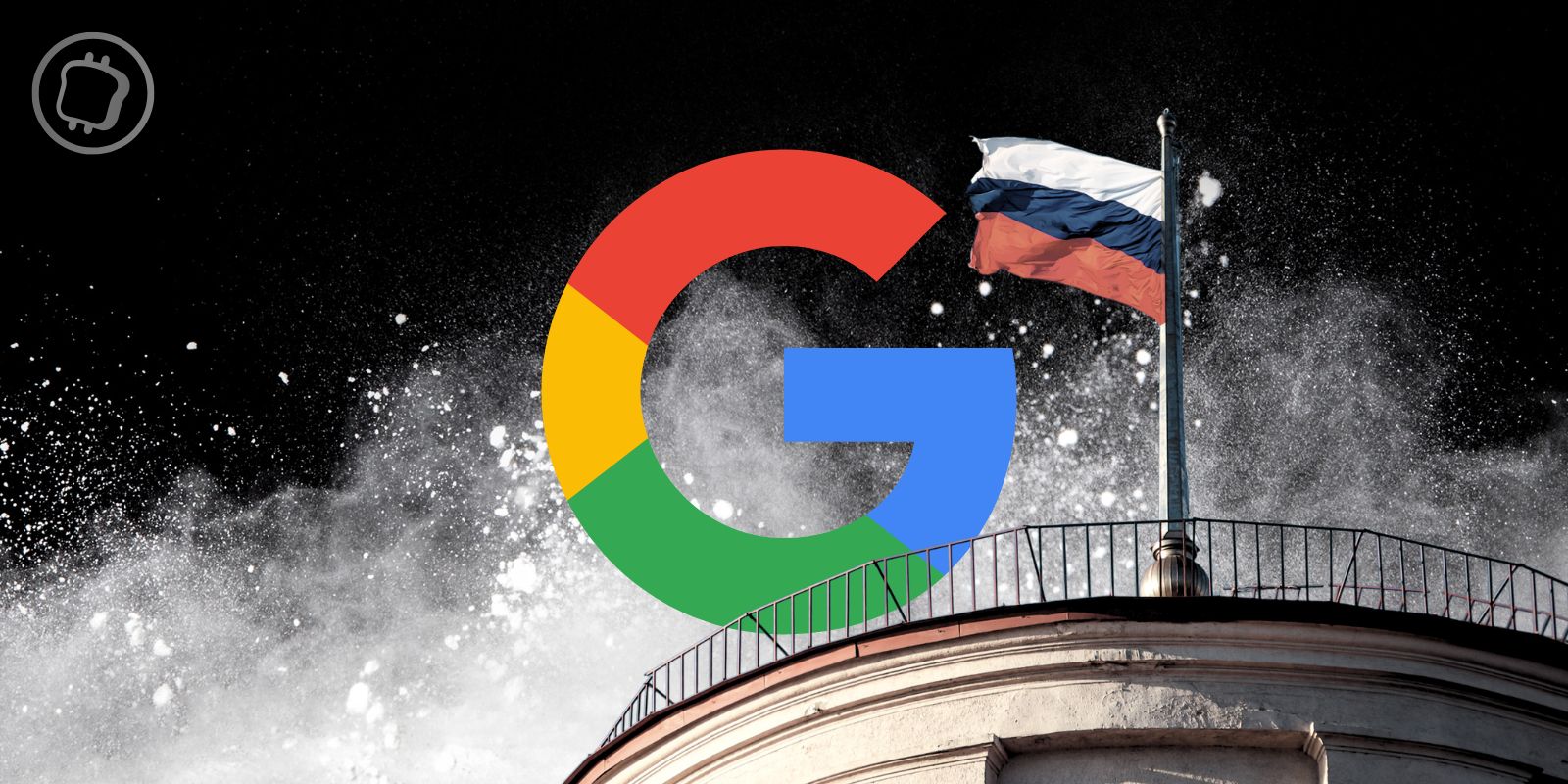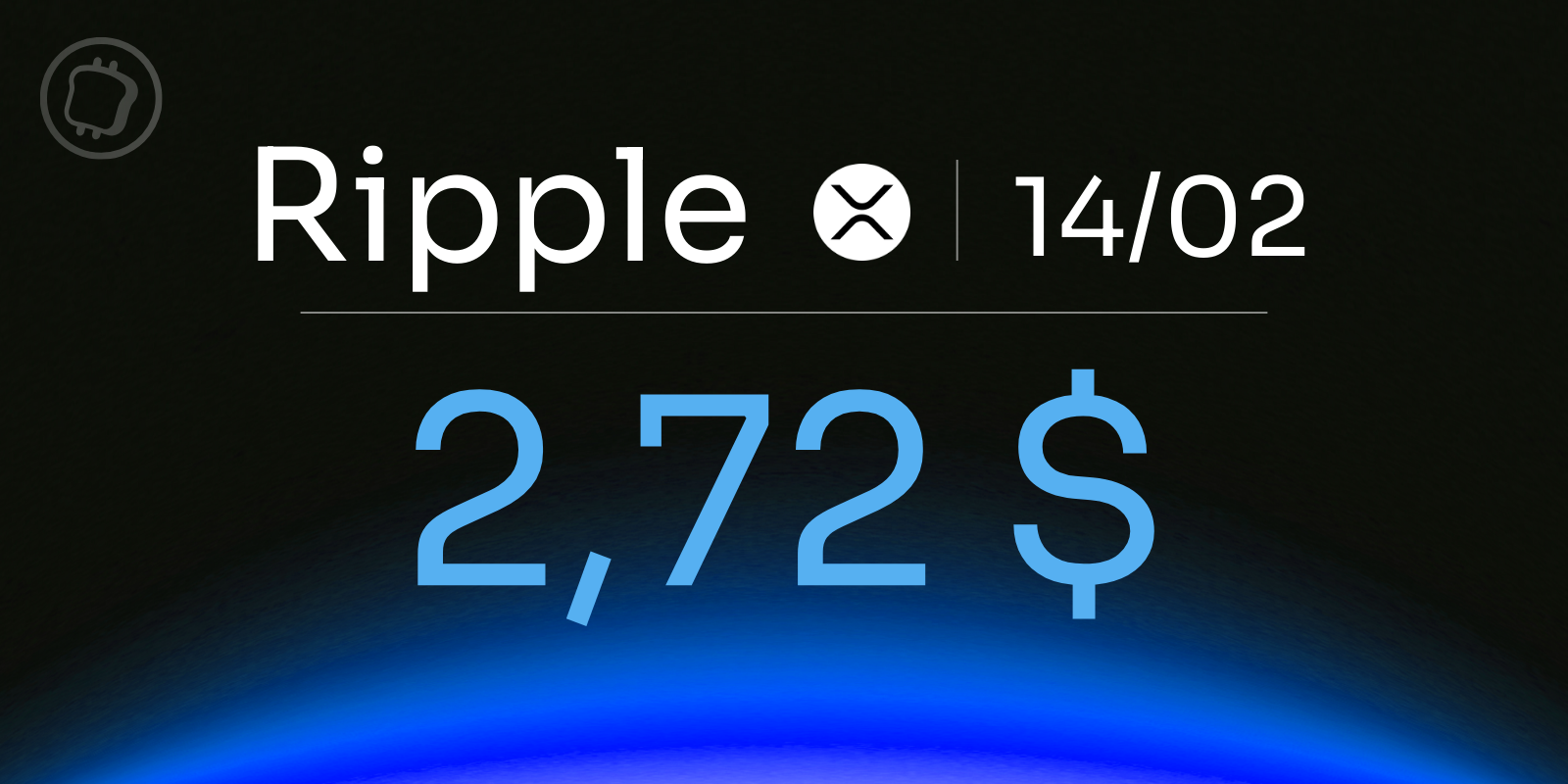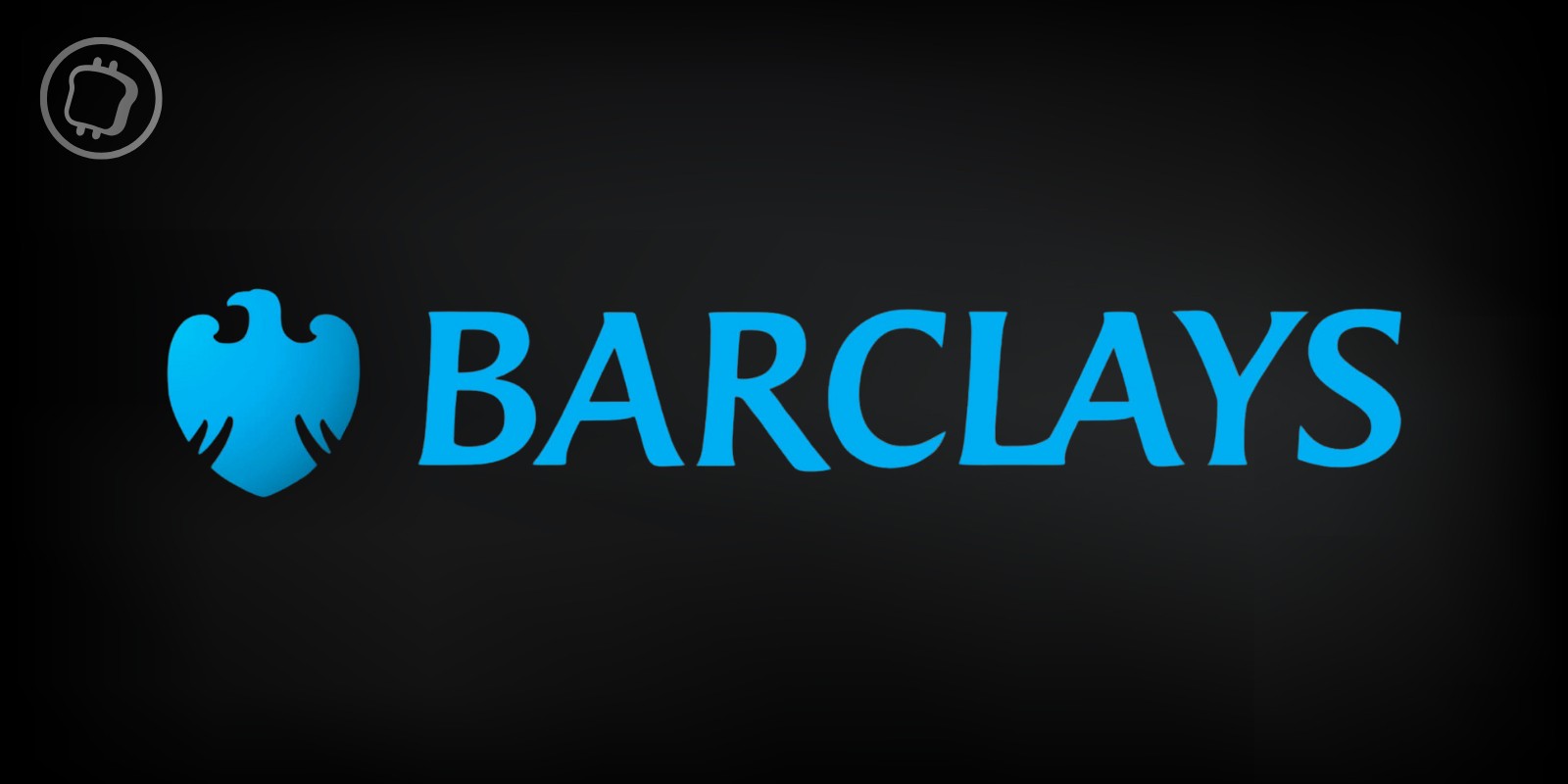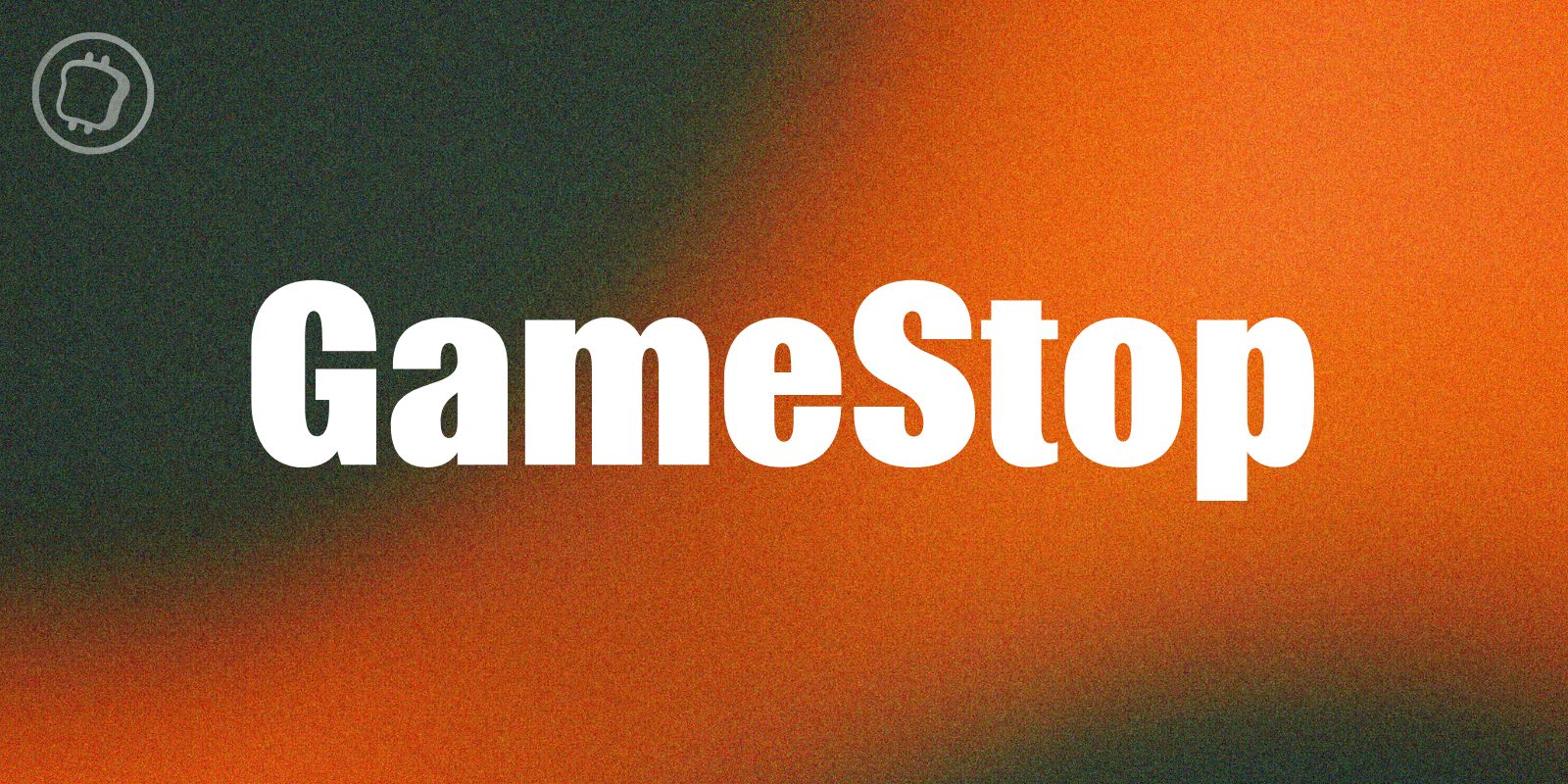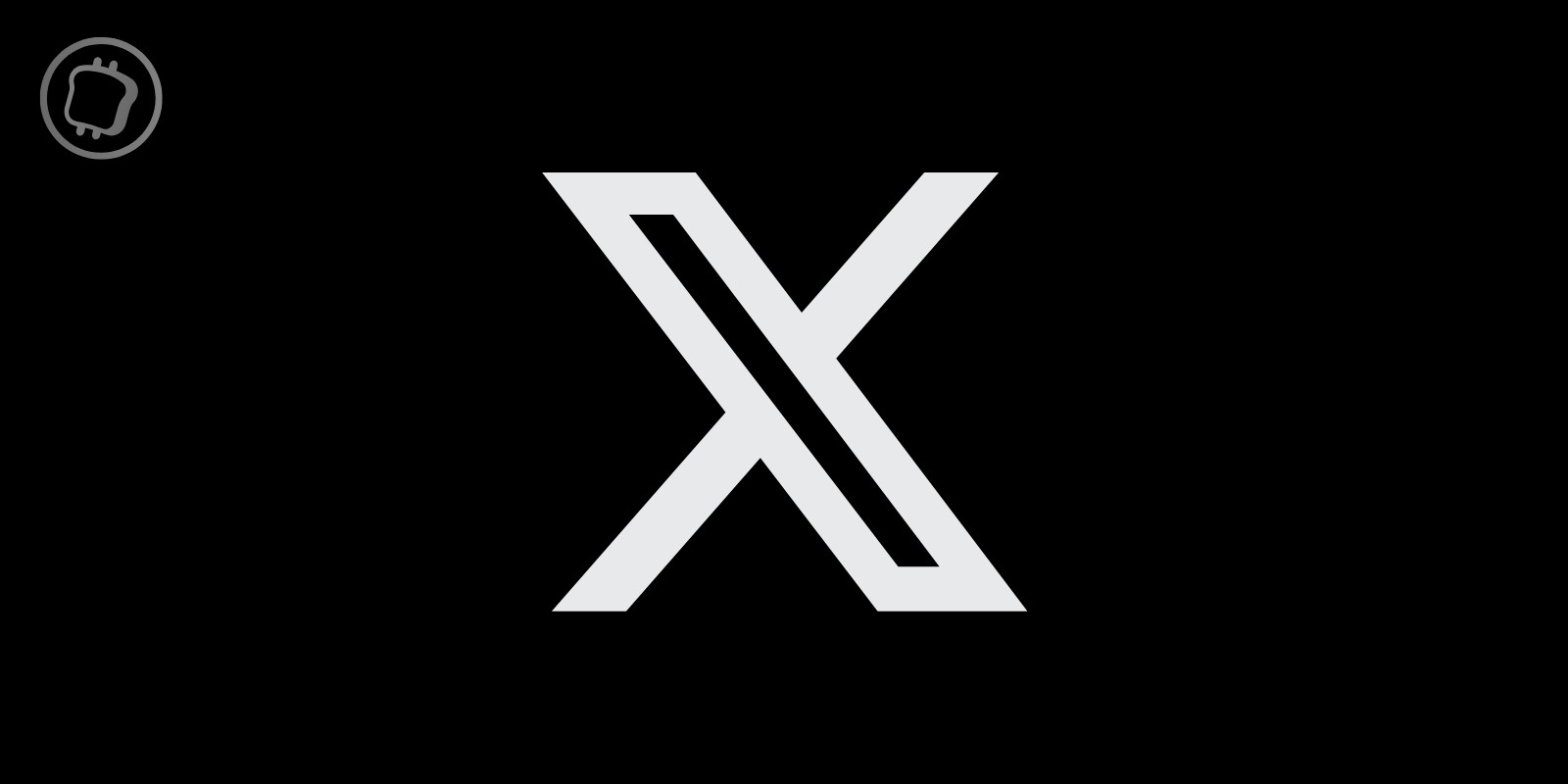After blocking access to some YouTube channels of major media outlets in Russia, Google was hit with the largest fine in history. And for good reason, the amount in question has 36 zeros before the decimal point.
In Russia, Google receives a fine of 2×10^36 rubles
This week, Google fined the largest in history in Russia. Indeed, a court condemned the company for having blocked several YouTube channels, including for example Zvezda, Channel One and VGTRK.
In addition to an obligation to restore access to the said channels, the fine was set at 100,000 rubles, this amount doubling every week over the period concerned. In total, this was therefore estimated at a number with 36 zeros before the decimal point. Depending on the scale used, the Russians speak of 2 undecillions, while in France, it is more appropriate to speak of 2 sextillion rubles.
💡 Find all our finance and economy news
To see this order of magnitude, 2×10^36 rubles can be written as follows with numbers: 2 000 000 000 000 000 000 000 000 000 000 000 000. In terms of exchange rates, 1 ruble currently exchanges for 0.0094 euros.
Let's invest: all the essential resources for the informed investor
A penalty impossible to pay
Of course, such a sanction consists rather of a strong political signal than a real expectation of compensation, because even by bringing together the entire monetary mass of the world, it would be impossible to reach such an amount. Fyodor Kravchenko, lawyer at the Collegium of Media Lawyers, contacted Kommersant about the impossibility of honoring such a fine:
It seems to me that the Russian courts deliberately made such a difficult, unprecedented decision in order to indicate not so much the legal position of the plaintiffs, but the political position of the Kremlin on all technological platforms. It was obvious that this decision was unworkable.
Furthermore, even considering that it is possible to pay this amount, Google would then be exposed to American sanctions for dealing with Russia, thereby violating Office of Foreign Assets Control (OFAC) sanctions.
For his part, Sergei Ermolenko, lawyer for the Orlova Ermolenko law firm, explains that this court decision may be motivated by the dominant position occupied by Google. Through this monopoly, the company would not apply uniform rules depending on the region of the world where it operates.
👉 Also in the news – How to prepare for the US presidential elections as an investor?
For its part, Google is said to have filed a lawsuit against Russian TV channels, so it can only be sued in Ireland or the United States.
Open an account on N26, the crypto-friendly bank
Source: Kommersant
The #1 Crypto Newsletter 🍞
Receive a summary of crypto news every day by email 👌
What you need to know about affiliate links. This page may feature investment-related assets, products or services. Some links in this article may be affiliated. This means that if you buy a product or register on a site from this article, our partner pays us a commission. This allows us to continue to offer you original and useful content. There is no harm to you and you can even get a bonus using our links.
Investments in cryptocurrencies are risky. Cryptoast is not responsible for the quality of the products or services presented on this page and cannot be held responsible, directly or indirectly, for any damage or loss caused following the use of a good or service highlighted in this article. Investments related to crypto-assets are risky by nature, readers should do their own research before taking any action and only invest within the limits of their financial capabilities. This article does not constitute investment advice.
AMF recommendations. There is no guaranteed high return, a product with high return potential involves high risk. This risk-taking must be in line with your project, your investment horizon and your capacity to lose part of this savings. Do not invest if you are not prepared to lose all or part of your capital.
To go further, read our Financial Situation, Media Transparency and Legal Notices pages.

